To provide the best experiences, we use technologies like cookies to store and/or access device information. Consenting to these technologies will allow us to process data such as browsing behaviour or unique IDs on this site. Not consenting or withdrawing consent, may adversely affect certain features and functions.
The technical storage or access is strictly necessary for the legitimate purpose of enabling the use of a specific service explicitly requested by the subscriber or user, or for the sole purpose of carrying out the transmission of a communication over an electronic communications network.
The technical storage or access is necessary for the legitimate purpose of storing preferences that are not requested by the subscriber or user.
The technical storage or access that is used exclusively for statistical purposes.
The technical storage or access that is used exclusively for anonymous statistical purposes. Without a subpoena, voluntary compliance on the part of your Internet Service Provider, or additional records from a third party, information stored or retrieved for this purpose alone cannot usually be used to identify you.
The technical storage or access is required to create user profiles to send advertising, or to track the user on a website or across several websites for similar marketing purposes.
 The past few years and our current predicaments should serves as a reminder of that tragic, unchangeable feature of the human condition, best expressed by Kierkegaard, that we are doomed to live our lives forwards but only understand them backwards. Retrospect is particularly important when we look back on sudden, large changes that knock us off our normal path. It’s important to remember this as we continue to grapple with the nature of the present and future of work in the wake of the pandemic. (more…)
The past few years and our current predicaments should serves as a reminder of that tragic, unchangeable feature of the human condition, best expressed by Kierkegaard, that we are doomed to live our lives forwards but only understand them backwards. Retrospect is particularly important when we look back on sudden, large changes that knock us off our normal path. It’s important to remember this as we continue to grapple with the nature of the present and future of work in the wake of the pandemic. (more…)





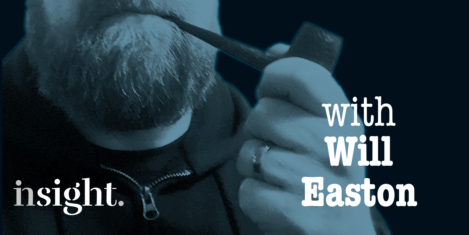
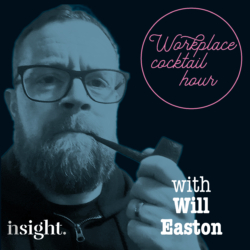
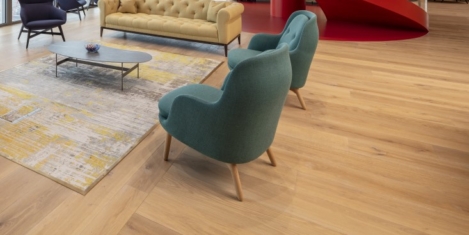
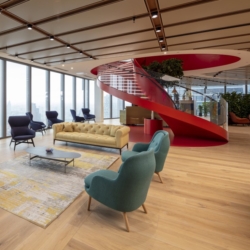

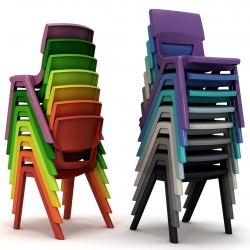






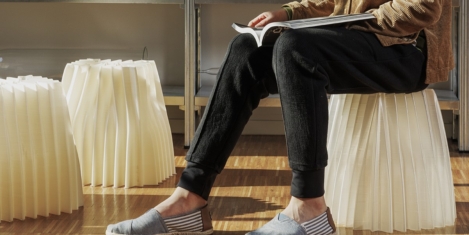
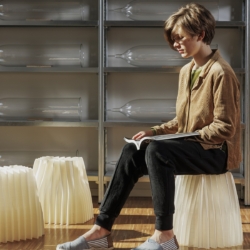














May 29, 2024
Not luddite dinosaurs but the sensible voice of caution on AI. And you need to listen
by Stephanie Fitzgerald • AI, Comment, SF, Technology